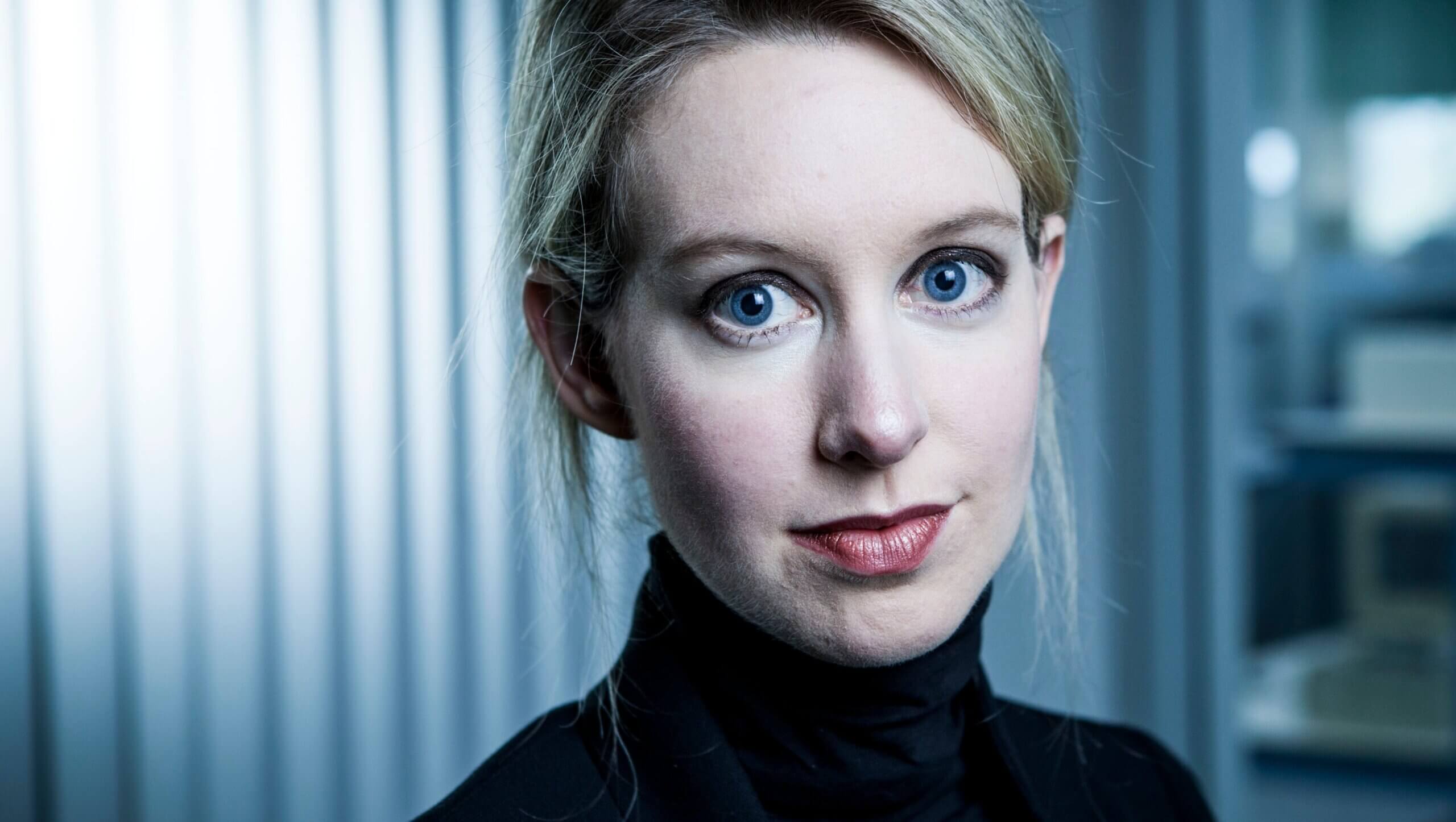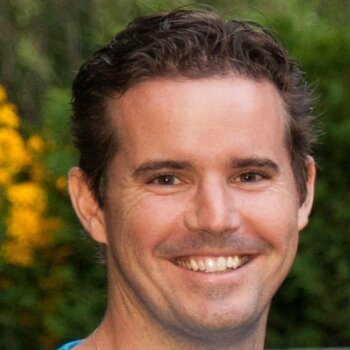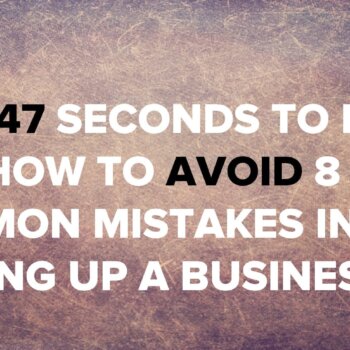Theranos was, from the outset, too good to be true: Elizabeth Holmes met every stereotype of the time, a Stanford dropout who set up healthcare technology company Theranos in the early noughties and was able to attract powerful and influential investors, media advisors, and constantly announce major deals. The only problem was that the fundamental premise on which the company was built, the ability to obtain a complete and accurate analysis from just a drop of blood, was false.
Any lab technician knows that obtaining immediate results for complex blood tests is the modern-day equivalent to turning lead into gold. Creating a company and spending investors’ money to design machines that don’t work and then sending clients’ blood samples to external laboratories, or simply making up the results is nothing more than a scam. It’s a great story, and one told well by John Carreyrou in “Bad Blood”, to the extent that it reads more like a novel than a reportage.
It’s impossible to know what was going on in Elizabeth Holmes’s mind. How she could possibly have believed that things were going to work out defies understanding. Theranos was not an attempt to exploit the economies of scale or learning economies that well-designed companies can generate over time, and to believe that is to misunderstand the extent to which a system like Silicon Valley or entrepreneurial environments in general can be perverted. Holmes was a fantasist who knew early on that her idea was never going to work, but instead of trying something else, she decided to lie for as long as possible, and in so doing cheated everybody she came into contact with. It’s called fraud.
The important thing to remember here is that the overwhelming majority of entrepreneurs I have met, and because of my position I have met a great many, are not like Elizabeth Holmes. They are not delusional individuals who buy a Lamborghini after a round of financing, they don’t have private jets, in fact most of them still travel economy. In fact, if you’re looking for red flags about a company’s viability, Lamborghinis and private jets are a very good predictor of an entrepreneur’s reliability.
The vast majority of the entrepreneurs I know are not in the snake oil business. Instead, they tend to be people fixed on developing their idea, who are usually prepared to live frugally to get it off the ground. The vast majority of entrepreneurs I know don’t cheat their shareholders or their clients, because they tend to think long term, although many end up selling their company when they feel it has run its course or an interesting opportunity arises. In short, Elizabeth Holmes is the exception that proves the rule, although she may have done a lot of harm to the reputation of entrepreneurs in general.
What will happen to Elizabeth Holmes now that she has been exposed as a liar and a cheat? Well, hopefully she will spend a few years in jail. It is one thing to sell reasonable expectations of improved efficiency, economies of scale or the possibility of future savings, but it is quite another to use smoke and mirrors and sell something that simply doesn’t exist. Therein lies the big difference.





























